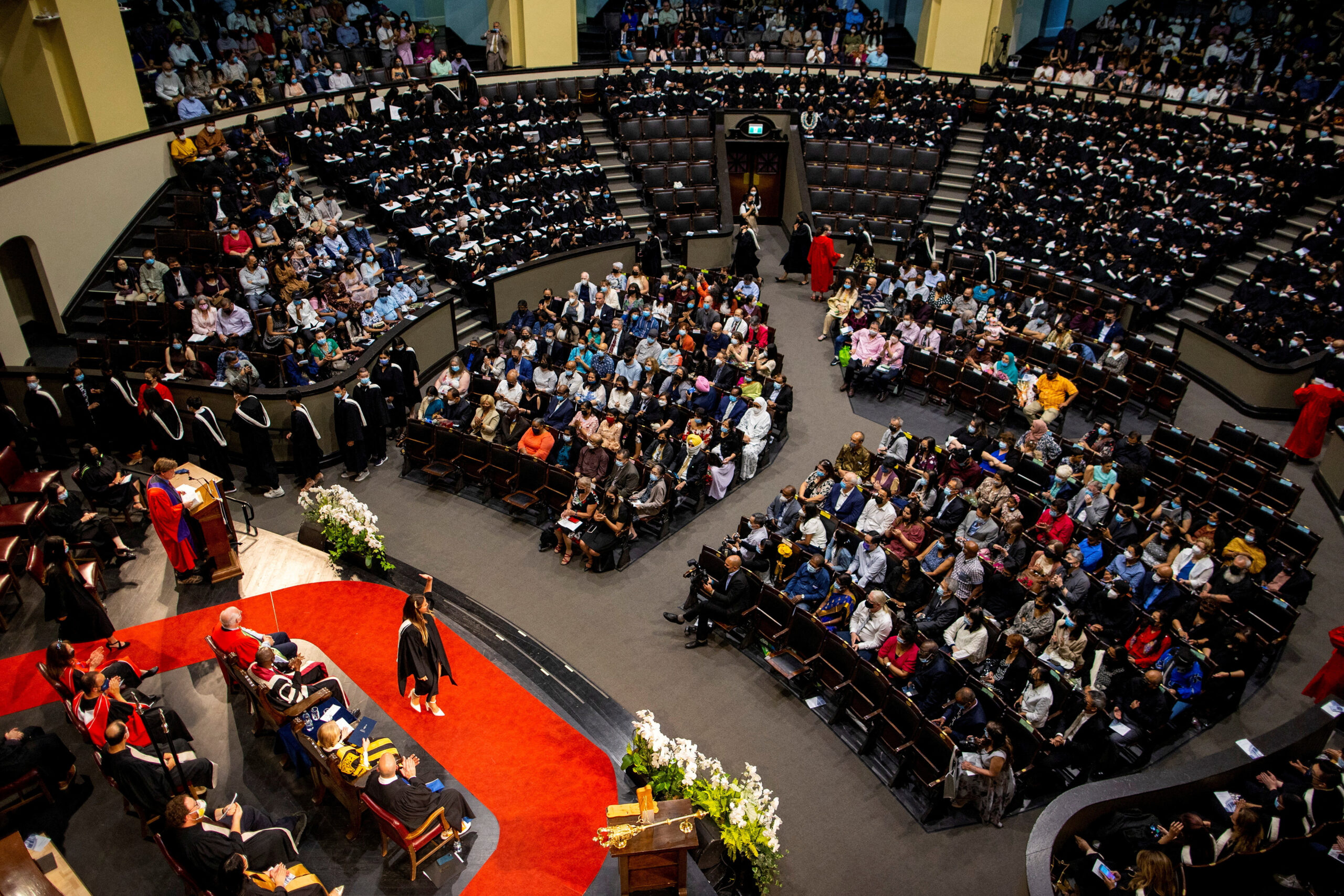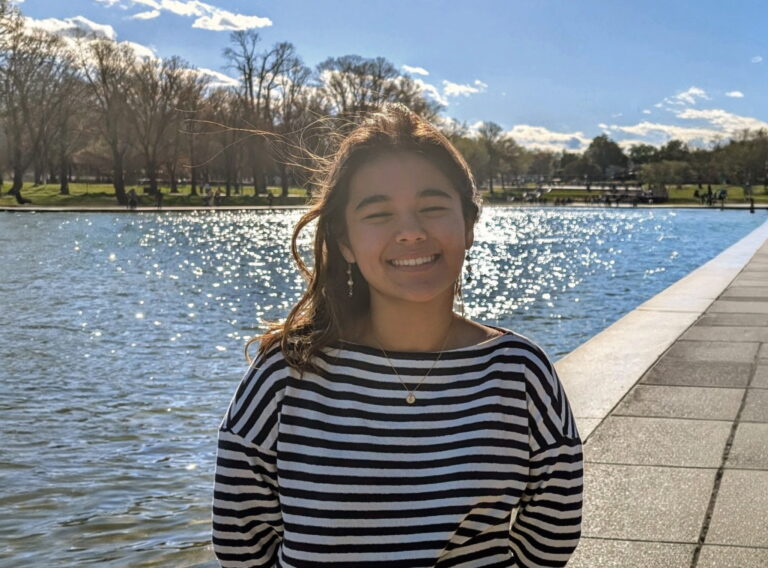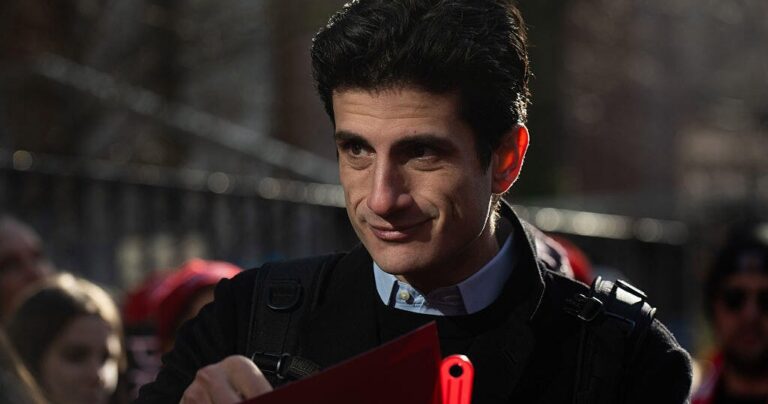
FILE PHOTO: University of Toronto Scarborough Campus science students attend convocation in Toronto, Ontario, Canada June 10, 2022. REUTERS/Carlos Osorio/File Photo
**Canada’s Clampdown on International Students Hits Indian Applicants Hard**
TORONTO (Reuters) – Canada’s recent clampdown on international students has particularly impacted applicants from India, government data reveals, as the country’s once strong appeal as a preferred destination for Indian students begins to wane.
In early 2025, Canada lowered the number of international student permits issued for the second consecutive year. This move is part of a broader effort to reduce the number of temporary migrants and tackle fraud related to student visas.
According to immigration department data provided to Reuters, about 74% of Indian applications for permits to study at Canadian post-secondary institutions were rejected in August 2025 — the most recent month with available data. This marks a sharp increase from the roughly 32% rejection rate seen in August 2023. By comparison, approximately 40% of all study permit applications were refused in both months. For Chinese applicants, the rejection rate was about 24% in August 2025.
The number of Indian applicants has also dropped significantly. In August 2023, there were 20,900 Indian applicants, representing just over one quarter of all applicants. That number fell to 4,515 by August 2025. Over the past decade, India has been Canada’s top source of international students.
Notably, India had the highest study-permit refusal rate of any country with more than 1,000 approved applicants in August 2025.
### Strained Canada-India Relations
The spike in refusals comes amid efforts by Canada and India to mend ties after more than a year of diplomatic tension. Former Canadian Prime Minister Justin Trudeau accused the Indian government of involvement in the 2023 murder of a Canadian in Surrey, British Columbia — an allegation India has consistently denied.
### Tackling Fraud
In 2023, Canadian authorities uncovered nearly 1,550 study permit applications linked to fraudulent letters of acceptance, most originating from India. The immigration department told Reuters that its enhanced verification system detected over 14,000 potentially fraudulent letters from all applicants last year.
To combat this, Canada has implemented stricter verification measures for international students and increased the financial requirements applicants must meet.
The Indian embassy in Ottawa acknowledged that the surge in study permit rejections had come to its attention but emphasized that issuing study permits remains Canada’s prerogative. In a statement, the embassy highlighted that some of the world’s best quality students come from India and that Canadian institutions have historically benefited greatly from their talent and academic excellence.
### Canadian Government’s Stance
Canada’s Foreign Affairs Minister, Anita Anand, told Reuters during an October visit to India that while the Canadian government is deeply concerned about maintaining the integrity of its immigration system, it also wants to continue welcoming Indian students.
### Decline in Indian Student Enrolment
Those working with prospective international students report heightened scrutiny of applications. Michael Pietrocarlo of Border Pass, which assists with Canadian visa applications, explained that applicants now must demonstrate their eligibility beyond just paperwork. For example, when proving sufficient funds to support themselves, students might need to provide detailed explanations about the source of their money, not just bank statements.
Institutions have felt the impact. The University of Waterloo, home to Canada’s largest engineering school, has experienced a two-thirds decline in Indian student enrolment in undergraduate and graduate programs over the past three to four years.
Ian VanderBurgh, Associate Vice President of Strategic Enrolment Management at Waterloo, attributes the decline largely to governmental caps on foreign student visas, which have also altered the university’s student body composition. “We pride ourselves on being an international university,” VanderBurgh said.
Similarly, the University of Regina and the University of Saskatchewan have reported decreases in Indian student numbers.
### Changing Attitudes Among Indian Students
Jaspreet Singh, founder of the International Sikh Students Association, came to Canada in 2015 to study mechanical engineering. He recalls government campaigns encouraging newcomers to “Study, work, stay” in Canada—a sentiment that, he says, has since soured.
While Singh understands the government’s concerns about fraud and is not surprised by the higher rejection rates, he has noticed that some rejected applicants are unfazed. With permanent residency and job opportunities becoming harder to obtain in Canada, many appear content with not having made the move. “They are happy they didn’t come,” Singh reflected.
—
As Canada tightens its international student policies, the country faces the challenge of balancing immigration integrity with maintaining its reputation as a welcoming destination for talented students worldwide—especially from India, its historically largest source of international learners.
https://newsindiatimes.com/fearing-fraud-canada-rejects-most-indian-study-permit-applicants/





